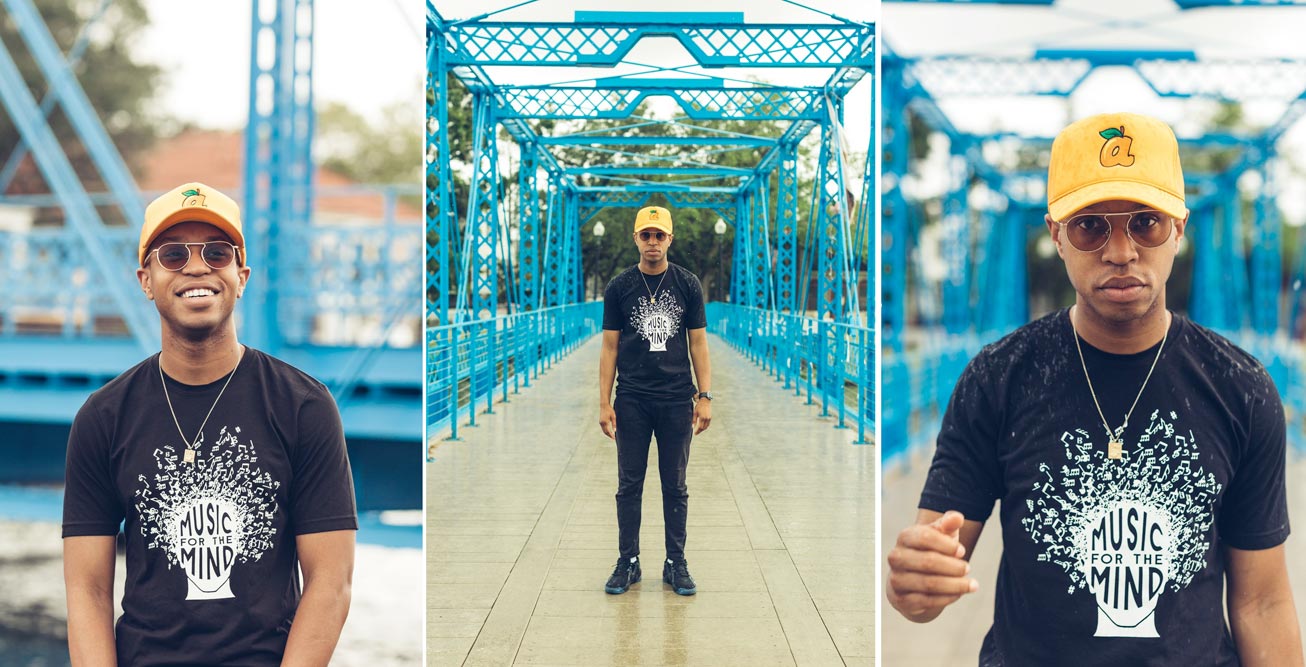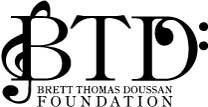
Pell is a New Orleans born-and-bred rapper, singer, songwriter, and producer. Starting out between New Orleans and Jackson, Mississippi, and now based half-time in Los Angeles, Pell’s career has grown to amass widespread critical acclaim, boast several high-profile musical and visual features, and holds the award for “Best Electronic/Dance Song – 2021” from Queensland Music Awards for his single “Juice,” with Young Franco. Largely independent while making a dynamic imprint on the music industry, Pell took time to sit down with us and discuss all things music, mental health, and more – including his latest community-based New Orleans music collective, glbl wmrng.
How would you describe your music in three words?
Optimistic. Ethereal. Honest.
What memory do you have when you thought, “I’m going to do this, this is my calling” regarding your music career?
I was living in Starkville, MS, going to Mississippi State. I started playing shows there, and was gaining traction, but I simultaneously was slacking in school – I just didn’t really want to be in school. I was working at Dollar General, which is hilarious (laughs), because I ended up quitting school and just working. People would come in and be like, “Yeah, we’ve missed you in class,” and I’m thinking, “You’re right, because I’m not in school anymore.” I didn’t tell anyone, though, because I was trying to find a way to get into my calling more… so there was this one instance, February 23, 2013, I had the chance to open up for Big Sant, who was Big K.R.I.T.’s right-hand man. I was a huge K.R.I.T. fan and could not miss this opportunity. The timing synced up to where I either had to work, or I could play the show. I called my boss and told him, “I’m not gonna make it into work today… or any other day.” He was cool about it because he ran a music blog on the side and had already written some crazy stories about that industry – which helped him to hire me. It ultimately all worked out because he respected my choice. From there, I just started pursuing music full-time. And, you know, a lot of great things had to happen for it to go to the next level, but that memory is really my first start at making the choice to make it a career.
So, thinking about how far you’ve come from college drop-out to where you are now – an independent, critically-acclaimed artist with the digital numbers to boot, as well as co-founder of the Glbl Wmrng hip-hop collective with a sustainable message – how has your music grown over time?
I think my music has changed in terms of the type of optimism that I had in my first commercial record, Floating While Dreaming. I was around 19 to 21 when I wrote that album, and my mind was in a different place. Then, with the experiences of being in the industry, living in L.A. far from home, from friends and family, it changed me in a great way – in terms of musicianship and care for my craft. But, at the same time, there was that period of adjustment that led to one-and-a-half records being a little darker because of the pull in my relationships. Overall, the music changed for the better and my relationships ultimately changed for the better, but it was tough at first. I mean, I wanted to come back to New Orleans before I even did a full year in L.A.
Speaking of difficult times, Allen Toussaint once said, “Music has a role to lift you up – not to be escapist, but to take you out of misery.” With that in mind, how has music helped you manage challenges in your life?
Music is absolutely my therapy. Often it may seem as though all musicians make music for consumption, that we live in a world where music is heavily commoditized. But at its core, music is truly therapeutic. And that's why I write, sing, make beats… it gives me a sense of escapism that I can’t get in everyday life. My connection with music is, if I can't feel it, if it doesn't inspire me to be better, if it doesn't cause a visceral reaction within my body, it's not for me. I'm only on things right now that heal me. I believe that my next project will be my best project, because it's the most healing project I ever made. I'm really excited for the new music, and the process of making it.
But there are those dark times that come with music, too, getting into your own bubble. There are many ways to do that, especially as much of a grind I put into the music. Sometimes it feels as though you can just get very self-defeating, or don’t get the notice or the room time you’re working toward. A lot of times, you get excluded from the meeting, you know? But the key is resilience, in order to understand that failure will happen, things won’t always work out, even with all the planning, the goal setting, the scheduling. It doesn’t mean you won’t be successful, but assuming it’ll be on your terms is kind of like mental health havoc. Especially when it comes to lack of sleep!
Speaking of that, what does Music for the Mind mean to you?
It’s funny that you ask that, because the music industry feels like a vampire world, everybody really works at 10pm, through the night, and that brings a whole other set of habits – alcohol, other unhealthy things. But the mind functions best with sleep. I write my best music now when I wake up in the morning, I’m not distracted by anything else, I make intentions to set a sleep schedule to live inspired. Those adjustments come with each person’s career, to realize what works for you. One of my friends said, “Trying to think on a sleep-deprived mind is like trying to hack your way out of a rainforest with a butter knife.” My mind creates and engages best with music when I’m well-rested, and it’s a cycle, because music can also bring that rest if you’re not finding it elsewhere. Music can be a reminder even of itself, to oneself.
What other coping tools do you use to maintain mental wellness, aside from music?
I meditate, usually four or five times a week. Some days I change that up with running, and I run nearly every day. Those two things help my mind be its best, and I notice it. That physical activity and that focus just helps some part of my brain connect and be its sharpest. Socially, playing video games with friends – Call of Duty, FIFA – I’m really good at that, whatever else comes out. Keeping it light while making sure I get rest and can have balance between the heavy and light, the intentional and the fun. I feel like a well-rested mind, for me, is my best self. Finding balance in the music world is so tough sometimes, and I think you have to be able to adapt, set rules for yourself to understand when to check-in. So, my rules are exercise, sleep, social time, meditation. I’ve also been getting more into the personality tests, like the 16 Personality Factors. It’s cool getting to know myself, and it helps me make important decisions more informed.
As we close our interview, what is one thought you’d like to leave with anyone reading this?
Sleep is your best friend.
…And, unrelated, but keep a watch on glbl wmrng. We are working on more community engagement initiatives, like collaborating for sustainable garden concepts, recycling programs, performances around these important concepts, and more. Then, personally, I’m releasing an album this year that will touch deeper on mental health than I have, and I hope people will respond to it, respect it. I’m really excited and can’t wait to share it with the world!
To learn more about Pell, check out:
Official: http://pellyeah.com/
Instagram: https://www.instagram.com/pellyeah/
Spotify: https://open.spotify.com/artist/2O2dI9lY9PnWtAa4OlrgMi
YouTube: https://www.youtube.com/user/TFGPELL
Facebook: https://www.facebook.com/pellyeah/
All photos by Jose Cotto for the Brett Thomas Doussan (BTD) Foundation.

